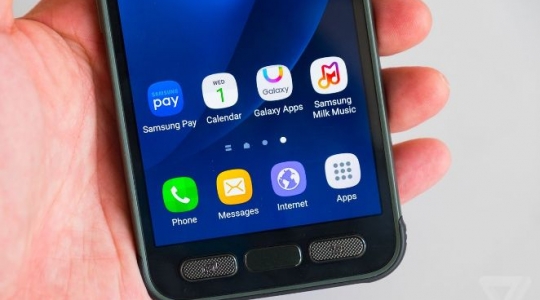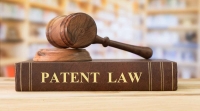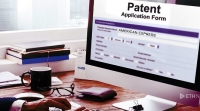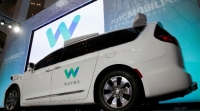The legal battle that started in 2011 between Samsung and Apple over smartphone patents could continue for years more, as the US Department of Justice recommended this week that the Supreme Court return the case for further examination. The DoJ — acting in an advisory role only — stated the amount of damages awarded to Apple should be reassessed, and that the current decision could encourage patent trolls who litigate purely for profit.
patents in the case include the use of a grid of apps
The case itself concerns a number of smartphone patents held by Apple, including the black-rectangle-with-rounded-corners look of certain devices, and the use of a grid of apps to access software. In 2012, Apple was awarded more than $1 billion in damages related to these and other patents, before this figure was whittled down by Samsung in a series of appeals. In December last year, the South Korean tech company agreed to pay $548 million in damages, while simultaneously requesting a US Supreme Court review. The Supreme Court agreed to this in March, with this week’s advice from the DoJ adding to the court’s deliberations.
The DoJ’s objection centers around how damages in these sorts of patent cases are calculated. The Patent Act of 1952 allows patent holders to “recover the infringer’s entire profits from the ‘article of manufacture’ to which the design was applied,” says the DoJ, but it adds that this “‘article of manufacture’ will not always be the finished product that is sold in commerce” — sometimes it’s just a part of that product.
the 2012 ruling asked jurors to consider the entire phone — not individual components
In the original 2012 ruling between Samsung and Apple, the jury was advised that the latter’s finished smartphones should be considered as the “article of manufacture,” rather than any individual component. The DoJ is unsure whether this is the correct interpretation. In an amicus brief from the government agency reported by the Financial Times, it stated that an “overbroad reading” of this section of the Patent Act could lead to “grossly excessive and essentially arbitrary awards” which could encourage patent trolls. The DoJ’s recommendation is that the Supreme Court pass down the case to the lower courts to take another look at the evidence.
Whether this will actually happen or not remains to be seen, but fear of stifling new technology by encouraging patent trolls is a real concern. Samsung is certainly pushing this angle, with the company issuing a statement that: “If left uncorrected the appeals court’s ruling could lead to diminished innovation, pave the way for design troll patent litigation and negatively impact the economy and consumers.” The Wall Street Journal notes that Apple refused to comment on the new development, and reiterated previous statements on the case that it values “originality and innovation.”
Source: theverge.com











